Home » Kratom and Opioids- Healer vs. Killer
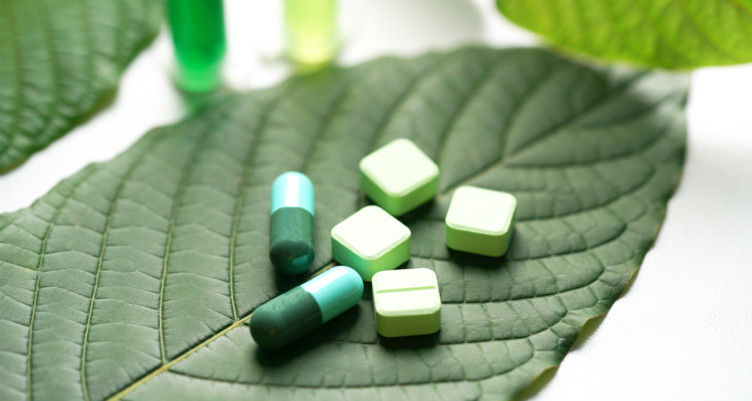
Kratom and Opioids- Healer vs. Killer

-A guide to understanding the oft-cited relationship between kratom and opioids, and what it means for the average kratom user.
-This article is for educational purposes only and does not contain any proven data regarding kratom. The data herein is based on unproven anecdotal evidence and should be read with skepticism. Kratom does NOT cure any diseases and none of this content should be read as medical advice or claims. Always consult with your doctor before making any decisions about your health.
“Opioid” is a powerful word. It is nigh impossible to conjure without having a reflex of some kind. Many of us have used them sparingly, seeking relief after getting the ol’ wisdom teeth removed, or maybe after a sports related accident. Others may have become aware of the strong temptations associated with narcotics, and still more may know someone who has succumbed to the allure.
Yes. Opioids kill.
This “Opioid epidemic” is a crisis as real as COVID but as quiet as a virus. It’s a terrifying prospect the more one thinks of it. Pills, prescribed by the doctors we trust, are taking hold of everyday people and capturing some of them in their destructive orbit. It is not weakness on the part of the users, or deception on part of the doctors. It is that opioids are like fire; when used in a contained, controlled setting, they can have a valuable, humanitarian utility. But when used irresponsibly or without proper oversight, they can burn and destroy all in their path.
You know what they say. Play with fire…?
Except with opiods, you don’t just get burned. You may get killed.
Doctors are in an unenviable position. They want to help alleviate their patients’ suffering and fulfill their oath, but their primary tool to do this is often opioids, like vicodin or percocet. And even the best of us can fall victim to addiction. So doctors are faced with an impossible choice: should they trust their patient and prescribe them pills that could greatly increase their quality of life, or do they hold back a medicine which could be life changing to someone with chronic pain, that they may not face the risk of addiction?
Hell, having to make decisions like that? You’ll need a painkiller of your own to take the edge off.
With any luck, this decision could become easier. Kratom is widely touted as a replacement for opioids by users, having few side effects, being able to manage pain, and even helping people who have become addicted to painkillers remove the harmful substance from their life. Kratom and opioids have some similarity, in that they share a few receptors in the brain. But studies have shown that the commonalities are fleeting, at best: “The potential bad-actor 7-OH alkaloid constitutes only 2% of the alkaloid content of the kratom plant and has no significant pharmacological effect on consumers.”
In other words, kratom provides much of the intended good – medicinal value – with much less of the bad. And make no mistake; taking kratom is nothing like taking a vicodin.
John Hopkins seems to back this up. Their study into kratom concludes that kratom has a much lower rate of harm than opiates; only 20% of users had mild side effects, and only 2% had severe side effects – bearing in mind, of course, that none of these side effects were lethal, or even representative of lasting harm.
The anecdotal evidence – which is far from satisfying scientific standards, but also constitutes much of the data we have in this early stage of studying kratom – provides overwhelming support for kratom, especially as it pertains to being used as a replacement for opiods. In the same Johns Hopkins study, 90% of users turned to kratom for pain relief, and 40% to relieve their dependence on opioids – 35% of these users were off of opiods within a year.
The significance cannot be overstated. Opioids are killing 115 Americans a day, 40,000 a year. Anything we can do to lower this death rate is absolutely critical – but kratom takes it a step further. Kratom can lower this death rate – it already has, according to the many who claim kratom has “saved their life” – and still treat the symptoms that people were originally prescribed opiates for.
Remember, then, that kratom has no recorded deaths. Even if it did have a handful, as has been erroneously asserted by nefarious intent and then debunked numerous times, how can we compare a dozen deaths over thirty years to a million deaths from opioids in that same time frame?
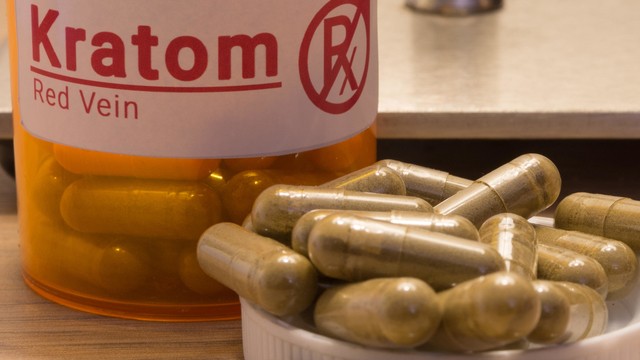
It may be reductive to take such a utilitarian view. But these substances are utilities of aid. And when one becomes an agent of death, as prescribed painkillers have, then any alternative must be welcomed with open arms and a watchful eye.
It sounds too good to be true, that kratom can, in many cases, replace opioids and save lives from the opioid epidemic. But a false prophet wouldn’t have garnered 300,000 signatures to a White House petition to keep kratom legal during the 2016 spat with the FDA. We wouldn’t have articles on this very blog with everyday people, who gain nothing from misrepresenting their story, swearing up and down that kratom has changed their life in magnitude. We wouldn’t have lawmakers across the country definitively shifting their position to one of supporting kratom as they are shown the facts, and steered away from the alarmist gossip which has, for varying reasons, spawned a misinformed and harmful crusade against kratom.
Well, that’s not exactly accurate, as the crusade is against kratom users. Because when you fight to take kratom away from people who use it to increase their quality of life – sometimes substantially – then you are attacking people, not a plant. That’s why the kratom community has answered the call to arms so resoundingly; not in defense of a tree, but of the people who use it to better their lives.
Equivocating kratom with opiates is not only inaccurate, but harmful. Because one can replace the other does not mean they possess the same inherent qualities, much as water can replace pop for a diet conscious consumer. They both sate thirst, much as kratom and opioids satisfy certain urges for an addict; but one is proven to be harmful, and the other not only with a mounting case for efficacy, but an established one for safety.
Mere proximity to opiates can be unnerving. But kratom should compel astute analysis, not alarmist slander, due to its relationship with painkillers. Some have suggested a Big-Pharma motive in keeping kratom controversial, that their golden goose – painkillers – do not lose their significant market share. The theory’s plausibility for even the most mild mannered observer is worrisome. But still, the kratom community is left with the same remedy: education, analysis, regulation, and transparency.
The AKA (American Kratom Association) has done a tremendous job taking the initiative of activism and sharing the facts of kratom, which largely suggest an innocuous medicinal herb with substantial medicinal potential. In our own interview with AKA lawyer Mac Haddow we’ve learned of a nationwide movement quickly gaining steam as a bevy of convincing factors continue to exonerate kratom from baseless claims: Veterans and former addicts saying that kratom has saved their life; those in chronic pain noting that kratom has allowed some normalcy to return to their daily routine; the common man with common claims of this benefit and that aid derived from the plant.
That opiates and kratom share some qualities should not bring undue angst. Advil and vicodin probably have more in common than kratom and percocet. As we strive for a better understanding of kratom, it is crucial that we offer total transparency to those who have no experience with kratom. Furthermore, providing those who could benefit from kratom with knowledge of the medicinal properties could make an important impact on their life.
Even recreational users, who, granted, should have no cause to defend their choices, ought to help contribute to the efforts of the AKA and the Kratom community. So I ask of the kratom community only what I would myself give.
Educate. Inform. Analyze.
Be patient with those who have yet to learn about kratom. Be open to criticisms of kratom, as few as they seem to be. With any luck, our community can make a significant impact on one of America’s most serious health crises in decades.
And in that alone, kratom is justified.
It’s been a fight to defend kratom. The FDA and DEA are proud and powerful organizations.
But to fight the opioid epidemic? To give people back their lives?
Yeah. I’d say it’s worth the pain.
-Andrew Whitney

*Do NOT take this article as medical advice. Always consult with your doctor before making choices about your health. Kratom does NOT cure any diseases. Do not stop taking any doctor prescribed medications before consulting with your healthcare provider. Do not use kratom as a replacement for any medicines. This article is the opinion of the author and is NOT to be used as medical advice. Always follow your local laws regarding kratom. This blog is intended for educational purposes and is speculative and based on unproven anecdotal reports from individuals who are not medical professionals. Always take caution when considering what to put in your body. Always conduct your own research and take care that what you read on the internet is viewed with a skeptical eye.
Product Search
Featured Products
-
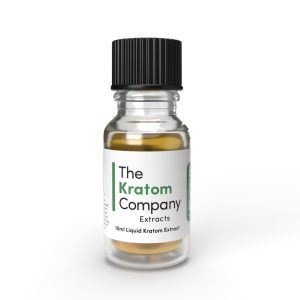 Pure Kratom Liquid Extract
Rated 4.72 out of 5From $19.99
Pure Kratom Liquid Extract
Rated 4.72 out of 5From $19.99 -
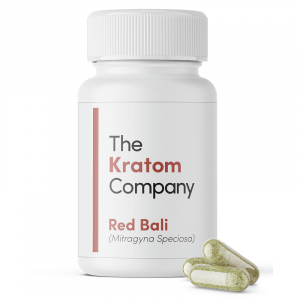 Red Bali Kratom Capsules
Rated 4.70 out of 5From $24.99
Red Bali Kratom Capsules
Rated 4.70 out of 5From $24.99 -
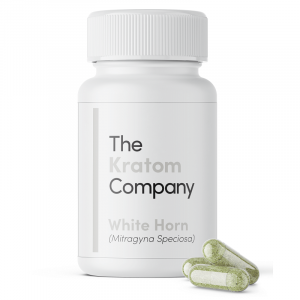 White Horn Kratom Capsules
Rated 4.88 out of 5From $24.99
White Horn Kratom Capsules
Rated 4.88 out of 5From $24.99
Follow Us
Strains
Blogs
NEWSLETTER
Sign up for our newsletter!

These statements and products presented on this website have not been evaluated by the Food and Drug Administration FDA. The products mentioned on this website are not intended to diagnose, prevent, treat or cure any diseases or health conditions. Therefore any information on this website is presented solely as the opinions of their respective authors who do not claim in any way shape or form to be medical professionals providing medical advice. The KRTM Company and its owners or employees cannot be held responsible for, and will not be liable for the inaccuracy or application of any information whatsoever herein provided. By purchasing our products you agree that you are aware and in compliance with your local county, state, or federal regulations. Must be 21 years or older to purchase Kratom. The US FDA has not approved kratom as a dietary supplement. We do not ship to the following states, cities and counties in the US where Kratom is banned: Alabama, Arkansas, Indiana, Rhode Island, Vermont, Wisconsin, Sarasota County, FL, Union County, MS, Denver, CO, San Diego, CA, and Jerseyville, IL.

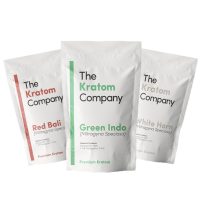

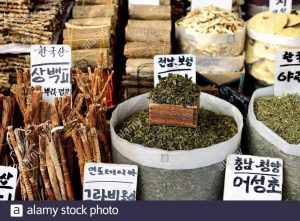


This Post Has 2 Comments
Thanks to my father who given to me about this website, this webpage is genuinely remarkable.
Feel free to visit my webpage :: travelers notebook
Keep pushing this info out there!